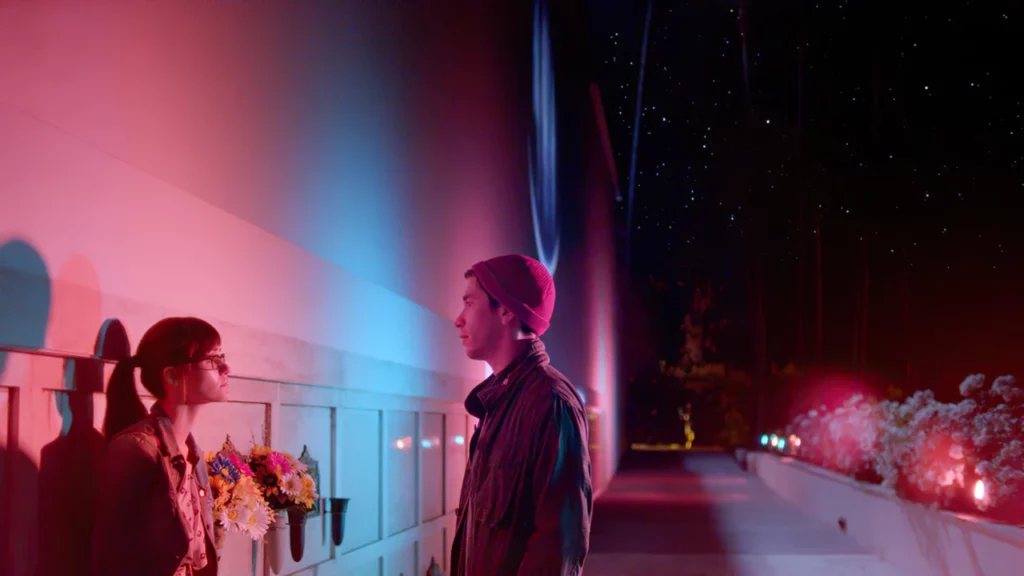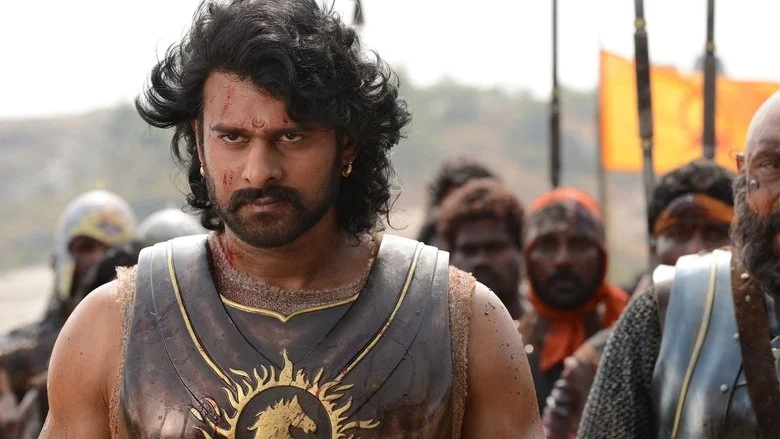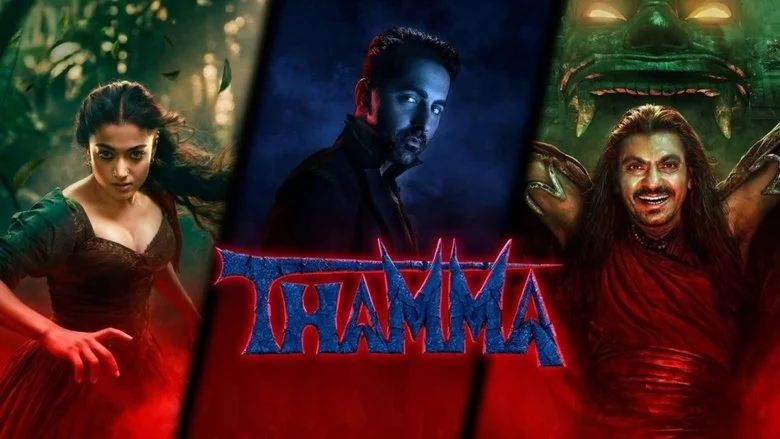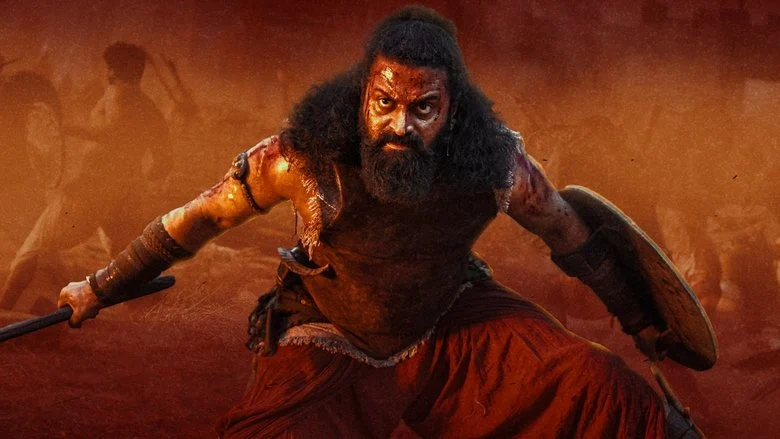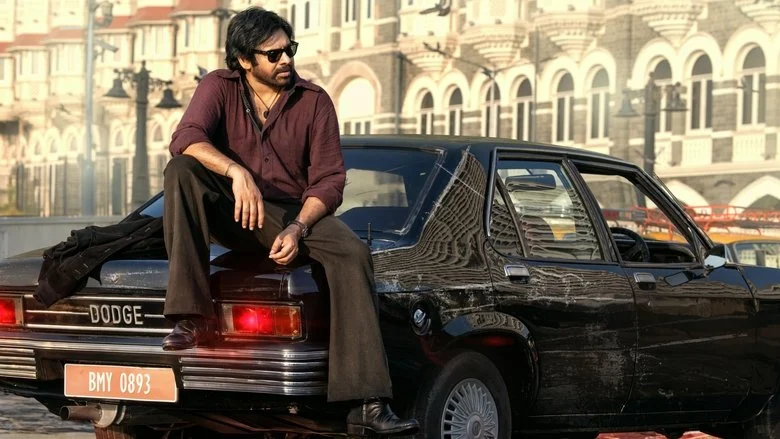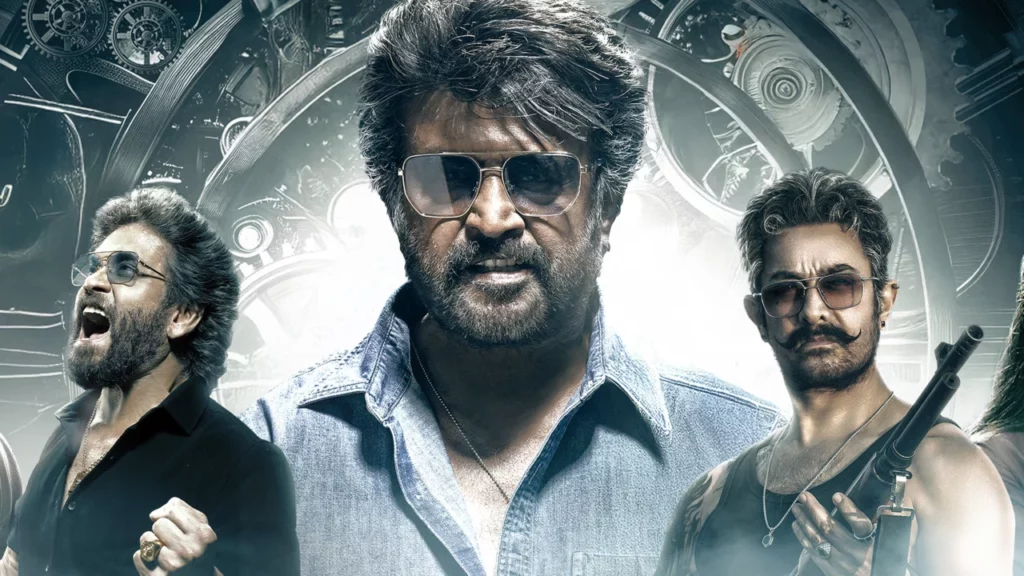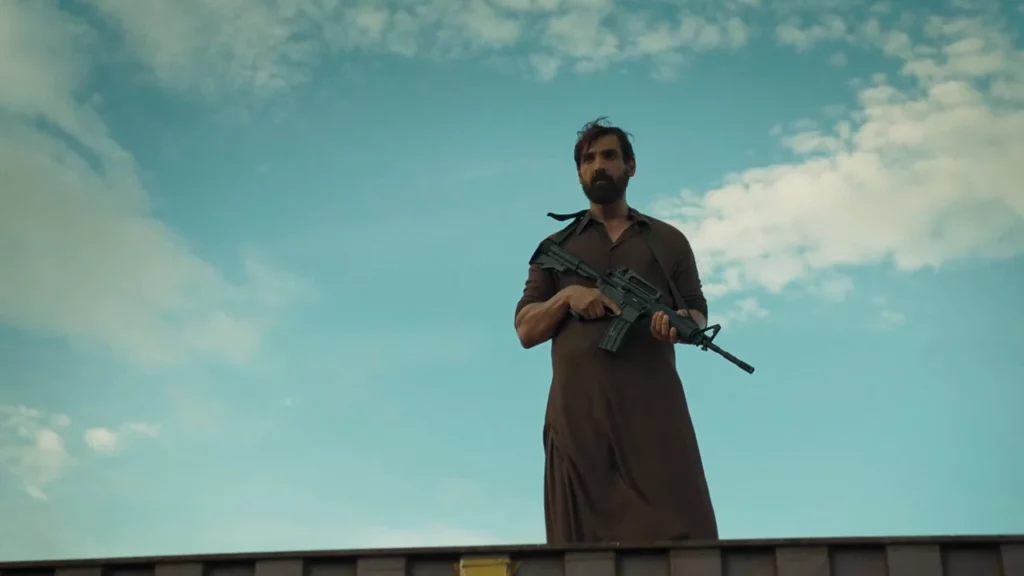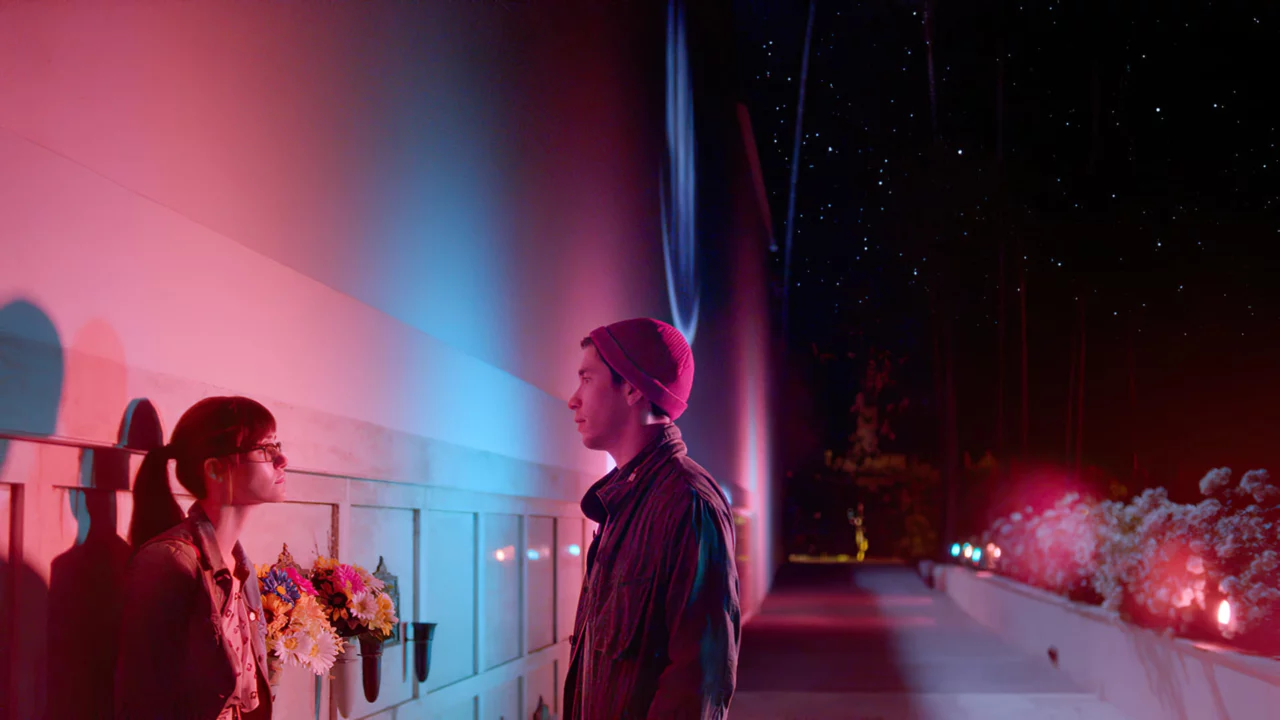
Comet (2014) Movie ft. Emmy, Kayla, and Justin
Comet, the 2014 romantic drama directed by Sam Esmail, presents an ambitious take on modern love through parallel universes and non-linear storytelling. The film stars Emmy Rossum and Justin Long as Kimberly and Dell, two star-crossed lovers whose six-year relationship unfolds in a dreamlike sequence. Esmail, who later created the acclaimed series Mr. Robot, demonstrates his distinctive directorial vision in this debut feature.
The casting of Emmy Rossum and Justin Long proves to be the film’s greatest strength. Both actors deliver what many critics consider career-best performances. Their chemistry anchors the entire film, which is essentially a 90-minute conversation-driven piece with minimal supporting cast.

The Story That Defies Time
Comet tells Dell and Kimberly’s relationship through five key moments spread across six years, presented out of order like puzzle pieces. The film opens with Dell waiting outside an apartment with flowers, then flashes back six years to their first meeting at Hollywood Forever Cemetery during a meteor shower.
What makes Comet unique is its rejection of traditional narrative structure. Rather than following a linear timeline, the film jumps between different relationship stages. From their initial meeting in Los Angeles to intimate moments in a Paris hotel room, and a phone conversation that leads to their final breakup.
The film explores themes of fate, parallel universes, and the nature of time itself. Kimberly compares their relationship to a painting rather than movies, suggesting relationships don’t have clear beginnings and endings. This serves as Esmail’s artistic statement about his unconventional storytelling approach.
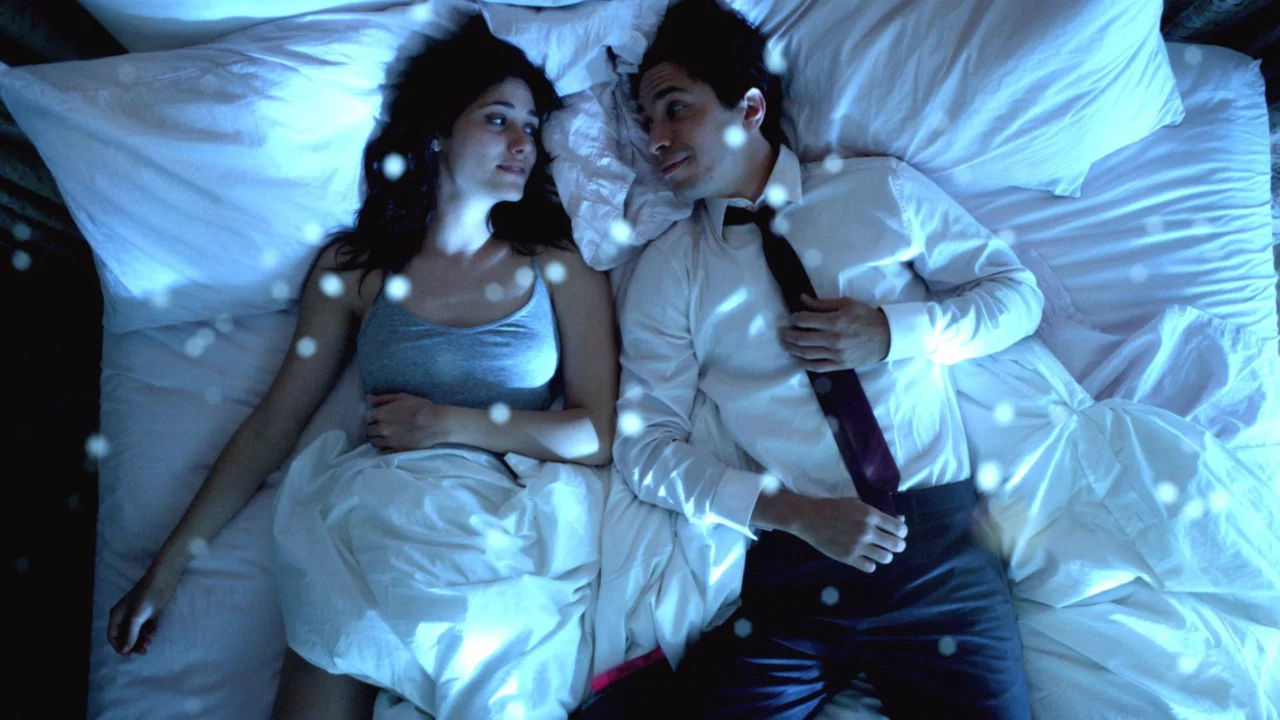
Performances That Shine
Justin Long delivers what critics called career-best work, transforming from his typical comedic persona into a complex, neurotic character. Dell is a research scientist with a compulsive need to verbalize every thought. Long’s performance captures both the character’s intellectual appeal and his exhausting pessimism.
Emmy Rossum shines as Kimberly, bringing depth to what could have been a typical manic pixie dream girl role. Her portrayal balances optimism with sharp wit, creating a character who feels real rather than idealized. The natural conversation flow between Long and Rossum becomes one of the film’s greatest assets.
However, some critics noted that Kimberly’s character isn’t as fully developed as Dell’s, often serving more as a reaction to his monologues. This slightly undermines the film’s attempt to present an equal partnership.
Visual Excellence on a Budget
Despite its modest independent film budget, Comet achieves breathtaking cinematography that rivals larger productions. Sam Esmail creates gorgeous scenes of color, light, and music, weaving them with pastel, electric transitions that give the film its dreamlike quality.
The film’s production design and musical score integrate perfectly to create an immersive experience. Each scene feels carefully crafted, from the meteor shower in Los Angeles to the intimate Paris hotel room. The editing deserves praise for keeping non-linear transitions from feeling jarring.
The visual style reinforces themes about the fluid nature of time and memory. Colors shift to match emotional fluctuations while cinematography uses distortion effects to suggest the boundary between reality and fantasy.
Mixed Critical Reception
Comet received mixed responses from critics and audiences. It earned a 44% approval rating on Rotten Tomatoes and a 6.7/10 rating on IMDb. Critics were divided on whether Esmail’s ambitious approach succeeded or became too self-conscious.
Roger Ebert’s website praised the film, noting that Comet works despite skepticism about two-character relationship dramas. The review highlighted career-best work by Long and Rossum and Esmail’s witty script, though acknowledged occasional overwriting.
Variety was less favorable, calling it an ambitious indie misfire while praising lead performances. The review criticized Esmail’s overly self-conscious approach and suggested characters would limit commercial appeal. SlashFilm offered a more positive perspective, describing it as a wonderful, surrealist ‘500 Days of Summer’.
User reviews show a passionate divide. Supporters praise the unique storytelling approach, beautiful cinematography, and genuine emotional depth. Critics argue the film tries too hard to be artistic, with unnatural dialogue and unnecessarily confusing structure.
What I Loved and What Fell Short
I found Comet succeeds brilliantly in several key areas. The chemistry between Long and Rossum is undeniable, making their relationship feel authentic even during philosophical moments. Esmail’s visual direction creates a truly cinematic experience that rewards viewers who appreciate artistic filmmaking.
The film’s greatest weakness lies in occasional pretentiousness. Some dialogue sequences feel artificially clever, with characters speaking to serve intellectual ambitions rather than natural communication. Dell’s character can become exhausting rather than endearing.
The supporting cast remains largely underdeveloped, which makes sense given the intimate focus but limits world-building. Some viewers may find parallel universe elements confusing rather than enlightening, particularly when the film blurs reality and imagination without clear resolution.
While the visual style is consistently beautiful, it occasionally overwhelms the story rather than supporting it. The film works best when artistic elements serve the emotional journey.
My Final Thoughts
Comet stands as a bold debut from Sam Esmail, showcasing the directorial vision that would later make Mr. Robot a critical sensation. While the experimental approach won’t appeal to all viewers, those who connect with its unique blend will find it deeply rewarding.
For viewers seeking traditional romantic comedy, Comet will likely disappoint. However, for those open to unconventional storytelling and willing to engage with challenging narrative structure, the film offers a refreshingly original take on love, loss, and human connection.
I believe it’s a movie that rewards multiple viewings and benefits from patience with its artistic ambitions. The performances elevate the material beyond occasional pretensions, creating genuine emotional moments within the stylistic framework.
Rating: 3.5/5
